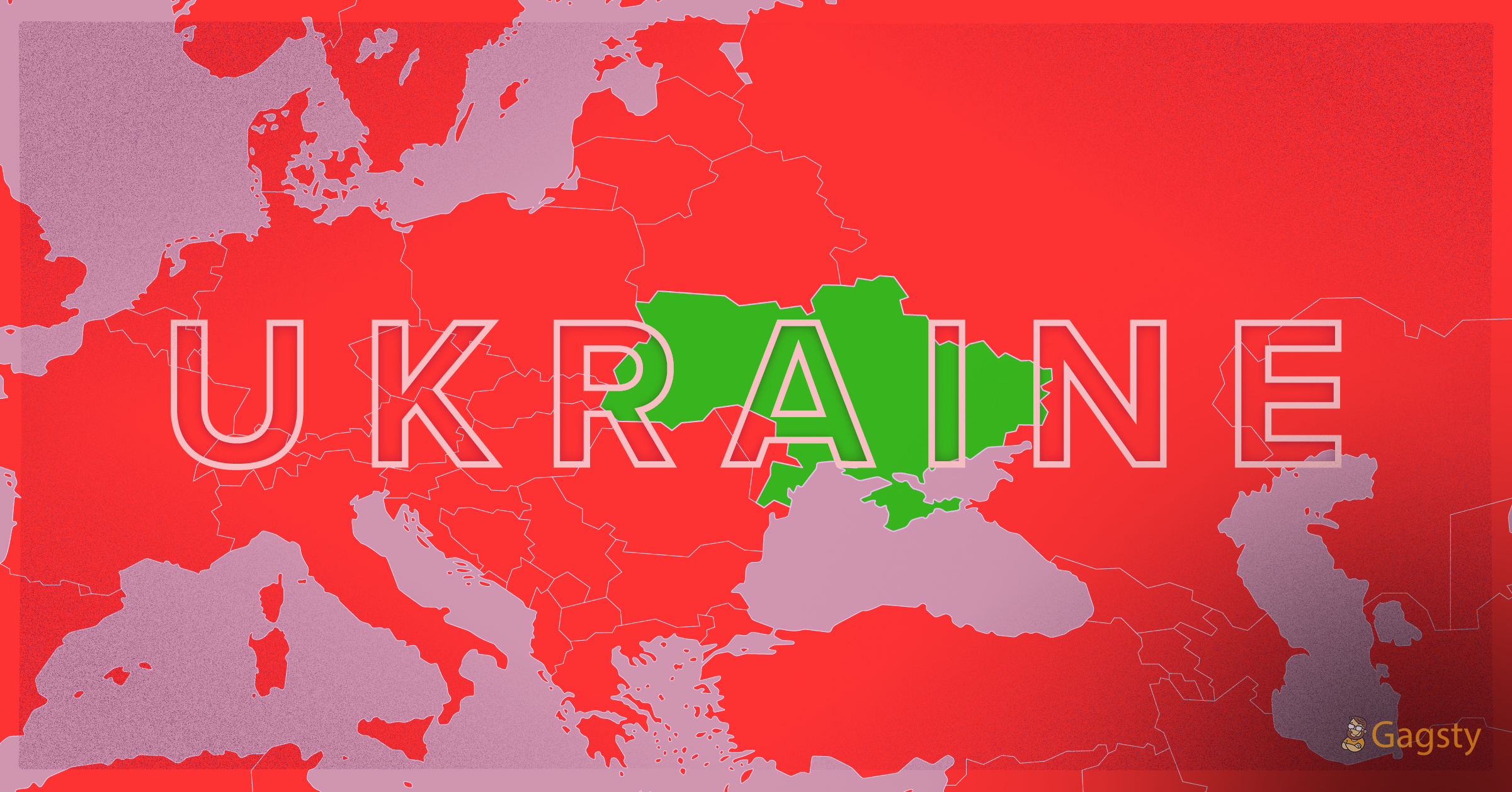
Crypto
Cryptocurrency, sometimes called cryptocurrency or crypto, is any form of currency that exists digitally or virtually and uses cryptography to secure transactions. Cryptocurrencies don’t have a central issuing or regulating authority, instead of using a decentralized system to record transactions and issue new units.
Cryptocurrency is a type of digital currency that generally only exists electronically. There is no physical coin or bill unless you use a service that allows you to cash in cryptocurrency for a physical token.
The Central Bank of Russia
The Central Bank of the Russian Federation, also known as the Bank of Russia, is the central bank of the Russian Federation, originally founded in 1860 as the State Bank of the Russian Empire. It is headquartered on Neglinnaya Street in Moscow. Most European operations of Sberbank, the largest bank in Russia, ended earlier in the week. According to Reuters, VTB has more than 4 billion deposits in Europe, mostly in Germany.
NEWS
Recently, Ukraine has called for “sabotage” of everyday Russians’ crypto assets due to an ongoing war between the two countries. Among many, its European allies have also voiced mounting concerns that Russia may use crypto to bypass Western sanctions.
But ironically, it appears that one of the greatest proponents of barring everyday Russians and financial institutions from accessing cryptocurrencies is the Central Bank of Russia, or CBR, itself. As reported by local news outlet tass.ru on Thursday, the CBR continues to adhere to its position of proposing to ban the issuance, mining, and circulation of cryptocurrencies in the Russian Federation. A CBR official stated:
The Rampant Inflation of The Central Bank of Russia
“The Central Bank currently supports the position that was previously announced and published on the official website. Therefore, there is nothing to add today.” During times of war, nations typically need to dramatically increase their spending, such as via the printing of new money, to finance their military efforts. However, this leads to rampant inflation, thereby enticing individuals to exchange their local currencies for foreign currencies (including now, crypto) to protect their savings.
Foreign Exchange Control
But this, in turn, would create heavy selling pressure on the local currency, driving up exchange rates and hampering war financing efforts. As a result, countries typically introduce strict foreign exchange controls during wartimes, as Russia and Ukraine have already done. Thus, the drawbacks of crypto destabilizing the Ruble and, by proxy, crippling Russia’s war efforts, could potentially outweigh the benefits of using crypto to evade sanctions.
According to a report published by Arcane Research this week, daily Tether (USDT) to ruble trading volume on Binance reached an all-time high of $35 million. Russian social media members appear to be deeply concerned about the falling value of the ruble and how cryptocurrencies can help them protect their savings. User Roman Buchyn wrote: “You need to buy something [cryptocurrencies]; the ruble will soon be cheaper than toilet paper.”
Leave a Reply